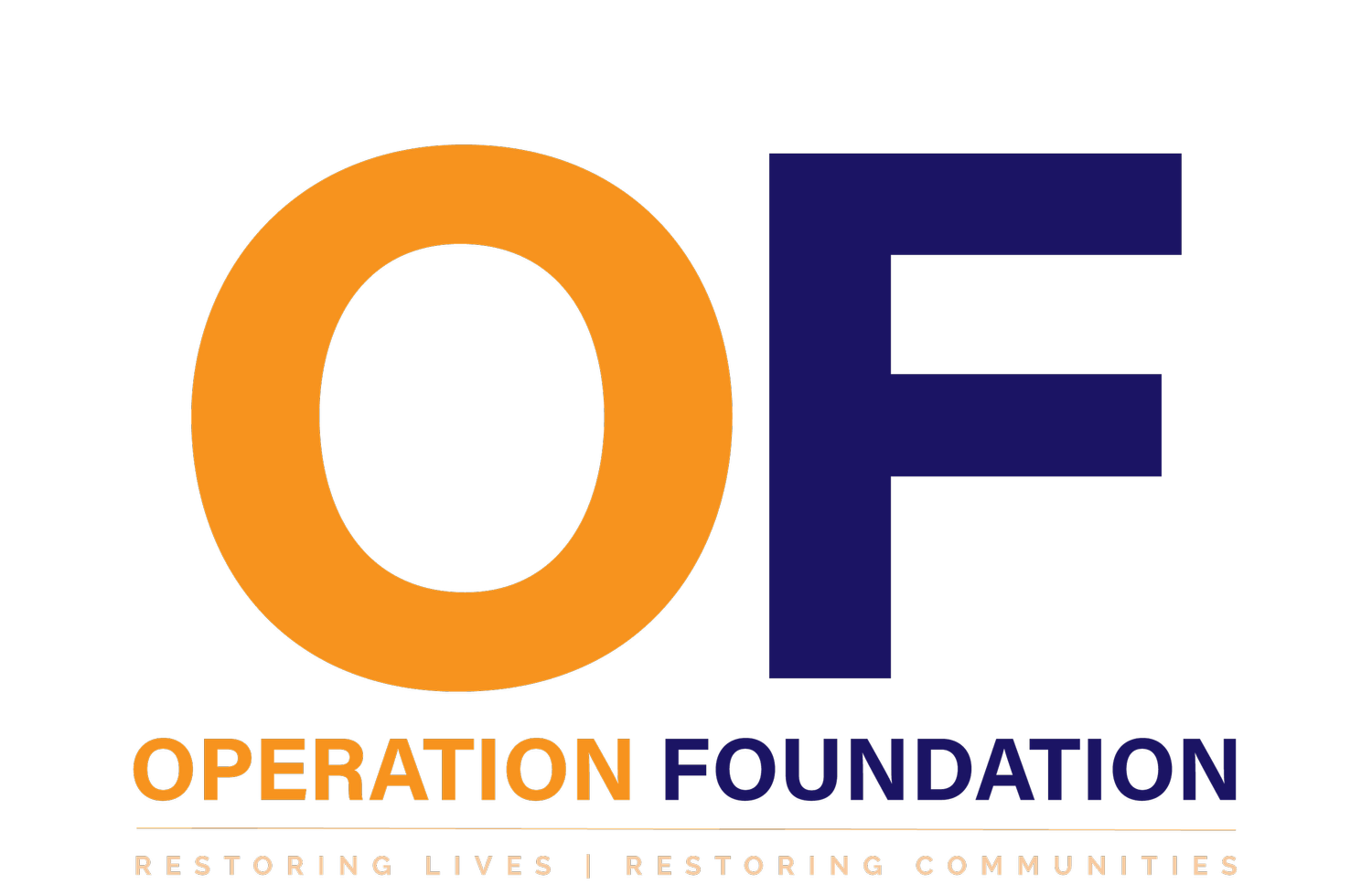February is hot in Fiji, so facilitating Trauma Healing in a classroom with 14 men was draining and splendid.
It was an unusual class because of its age range. Twenty-two to seventy-two meant a diversity of experience, insights, and maturity contributed to some great discussion. At the outset, I’ve got to say that facilitating a group in prison is where I gain spiritual refreshment. However, as the team has grown and the frequency of programs increased, my time is taken up in encouraging, supervising, and making guest or gate-crashing appearances into the team member’s programs. Grabbing a week of my own to conduct a program was exceptional, and this week in Nasinu was just that.
Monday is always a settling-in day where they assess me, and I assess them. It’s not a Mexican standoff as much as it is a dance. Several men in this class worked with me in 2016 and 2017, so it wasn’t an icy start.
The first session of Trauma Healing is a dive into suffering and why we suffer. The whole concept of suffering is on-point for men in prison, and so it’s an easy place in which to get the discussion started. That begins to slow a bit when we start to look outwards at the suffering of others, but the whole session remains rich as we look at this through a cultural and biblical lens. What remains a mystery is that even though many of these men have been in prison for years and experienced and initiated suffering, it’s most often the first time they have openly discussed it.
As the week progresses, the vulnerability and discussions go deeper. Exploring suffering before moving on to heart wounds, to exploring the back story before prison. All are rich minefields to bring voice, pain, misconceptions, and insight. This is not a place or space for condemnation but to lead towards an openness where a conviction can begin its work.
What I love about facilitating a group in any of the ten programs we run is the one question that suddenly sends us in a different direction. It rapidly can become territory where there is no script, and at times, it feels like ‘buckle up’ and enjoy the ride.
We have one session we use across many of our programs called ‘the back wall of the soul’. This session has an impact that resonates with our men and women in prison. In our evaluations, this is the one session that becomes the sword of conviction. As the week progresses, we begin to find an acceptance not only for their wounds but also for the wounds they have inflicted on others. We symbolically take these wounds to the Cross of Christ as the beginning place of healing.
During this week, I observed tears from young men and old men. I observed remorse and sorrow and had the privilege of listening to suffering and pain. As I debriefed the week, my questions remained about movement. Have these men grown in their understanding of themselves and their victims? Have they encountered themselves? Have they encountered God?
I believe it was John Calvin that said, ‘we never understand ourselves until we have come to a devout musing on the Godhead’. Criminal rehabilitation always requires revealing the triune God so that men and women can be spiritually formed into His likeness and nature.

